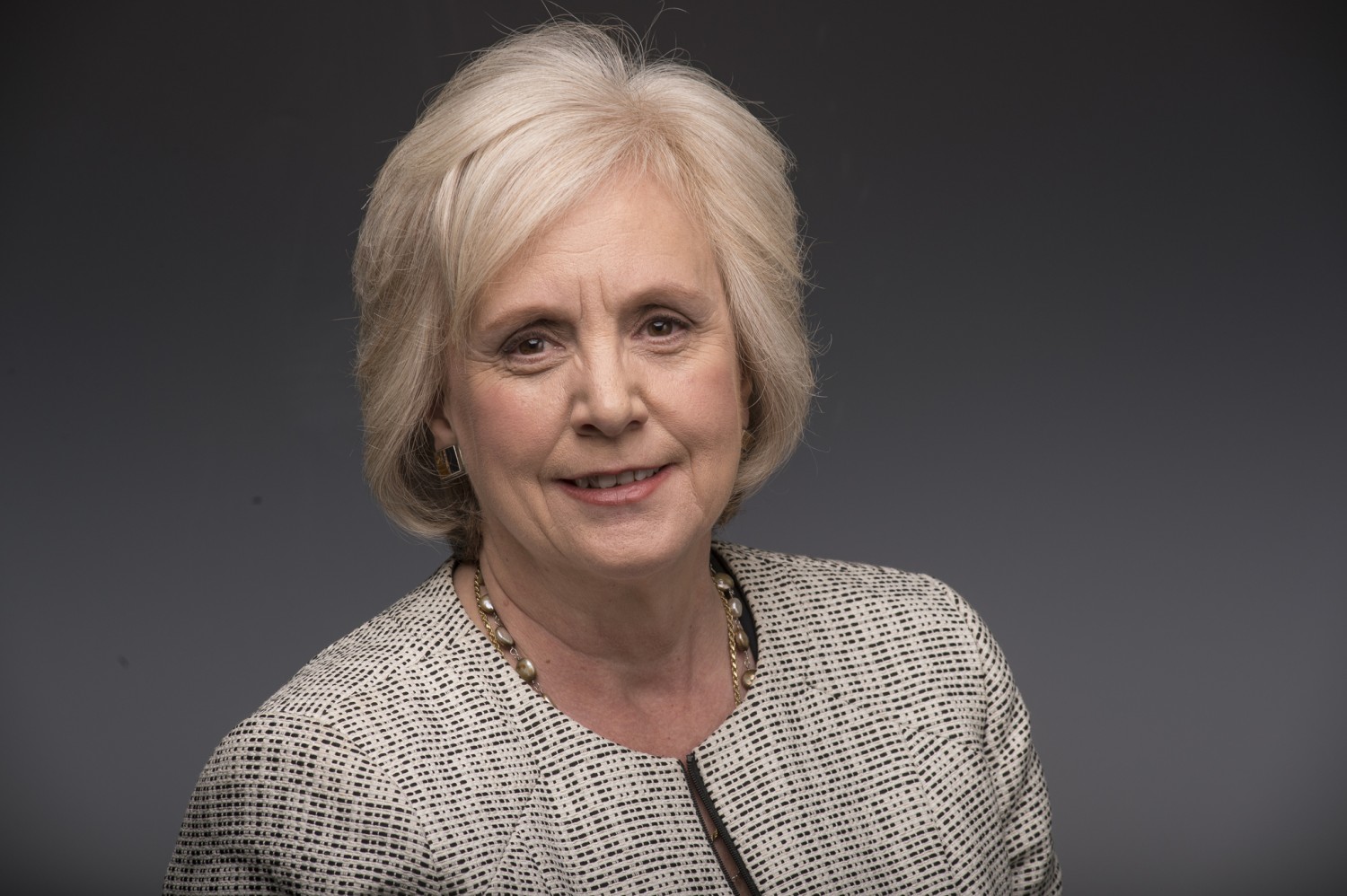UNH launches Center readies launch of Center for Business Analytics


Deborah Merrill-Sands, dean of UNH’s Paul College, said that under the new initiative, ‘we are developing business analytics as a specific area of academic expertise that will further distinguish us among business schools.’
The University of New Hampshire’s Peter T. Paul College of Business and Economics is launching a new Center for Business Analytics aimed at what it says will provide businesses with the help they need to sustain a competitive advantage — graduates who can harness the power of big data and support to help them employ analytics tools to create value for their business.
Business analysts are trained to take large quantities of data and analyze it to build reports that help make sense of it and provide actionable insights to drive strategic decision-making in their organizations.
The college said that the move is in response to growing student and employer demand.
“Our vision is to build out a comprehensive and integrated business analytics initiative that will drive the expansion of programs, course offerings, enrollments, research and engagement to meet student and industry demand,” said Dean Deborah Merrill-Sands. “We are developing business analytics as a specific area of academic expertise that will further distinguish us among business schools.”
The initiative is being launched following a $6 million gift from Peter T. Paul, a 1967 graduate of the university whose original $25 million gift in 2013 led to the renaming of the former Whittemore School of Business and Economics.
The college said that, in addition to opening the Center for Business Analytics, the $6 million investment will allow it to accelerate the hiring of faculty to expand teaching and research capacity and provide scholarships and assistantships to attract high-performing graduate students and support upper-level undergraduate students
“The field of business analytics is not entirely new, however, with the rapid growth in the amount of data produced by businesses and advances in computing technology the field is rapidly changing, and it is also changing the manner in which many business decisions are made,” said Khole Gwebu, associate professor of decision sciences. “There are many problems that students graduating with a degree concentration in business analytics can tackle. One example is in the area of fraud detection and prevention.”
For more information, paulcollege.unh.edu.






